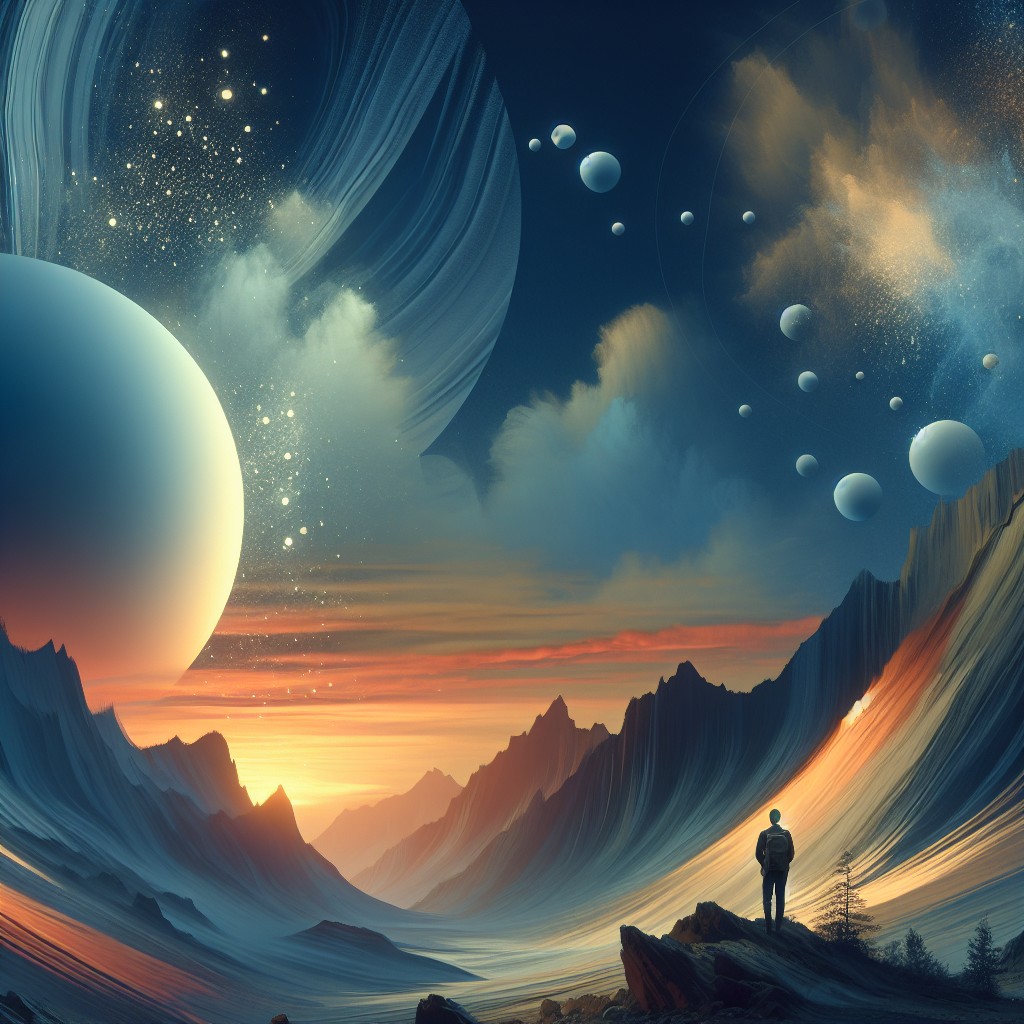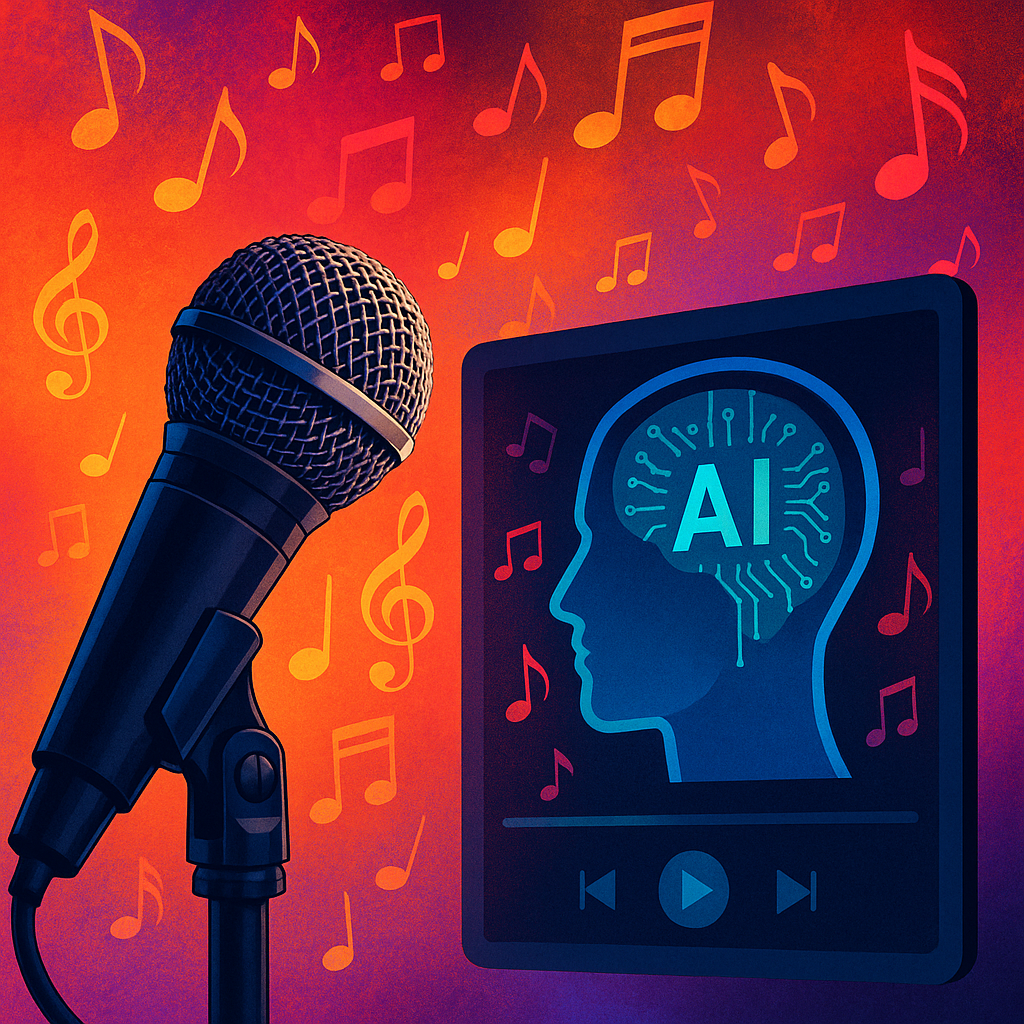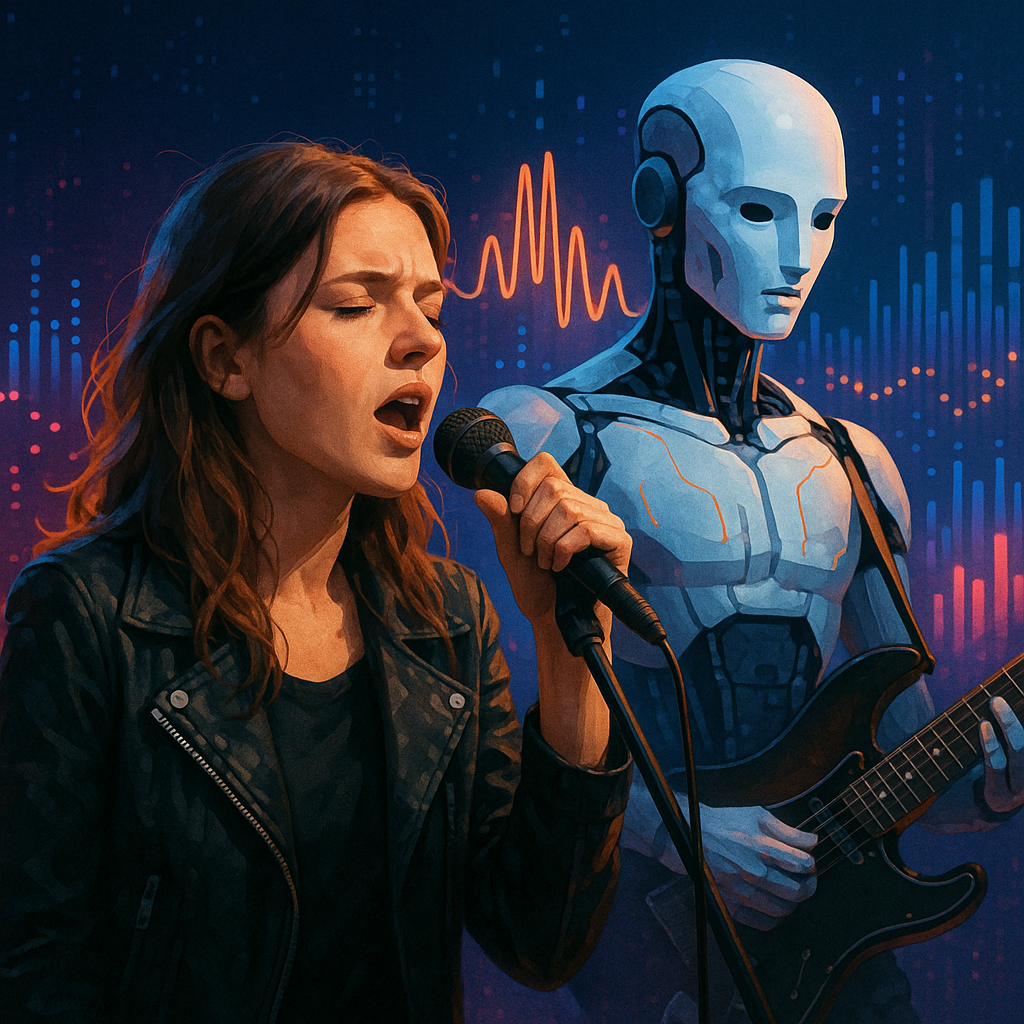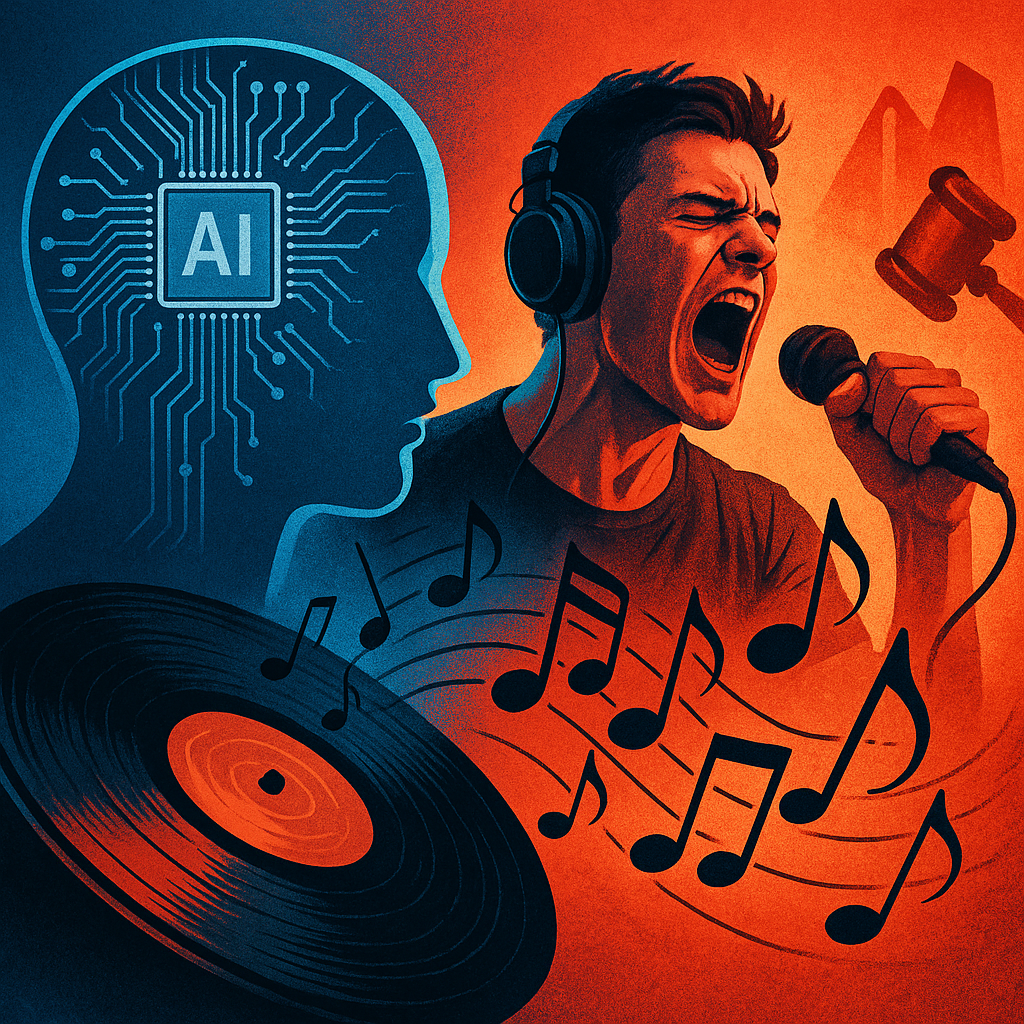Loading...
Technology
Revolutionizing the Beat: How AI is Transforming Music Creation and Distribution
Explore how advanced AI is reshaping music creation, streaming, and distribution through innovative platforms and industry insights.
📅May 23, 2025
⏱️5 min read
👥News AI Music Team

AI-powered music creation tools are revolutionizing how artists compose, produce, and distribute their work
Related Topics
AI MusicArtificial IntelligenceMusic TechnologyMusic ProductionInnovationStreaming
Stay Ahead of the Beat
Check the news regularly to get exclusive AI music industry insights from the latest News AI Music.


